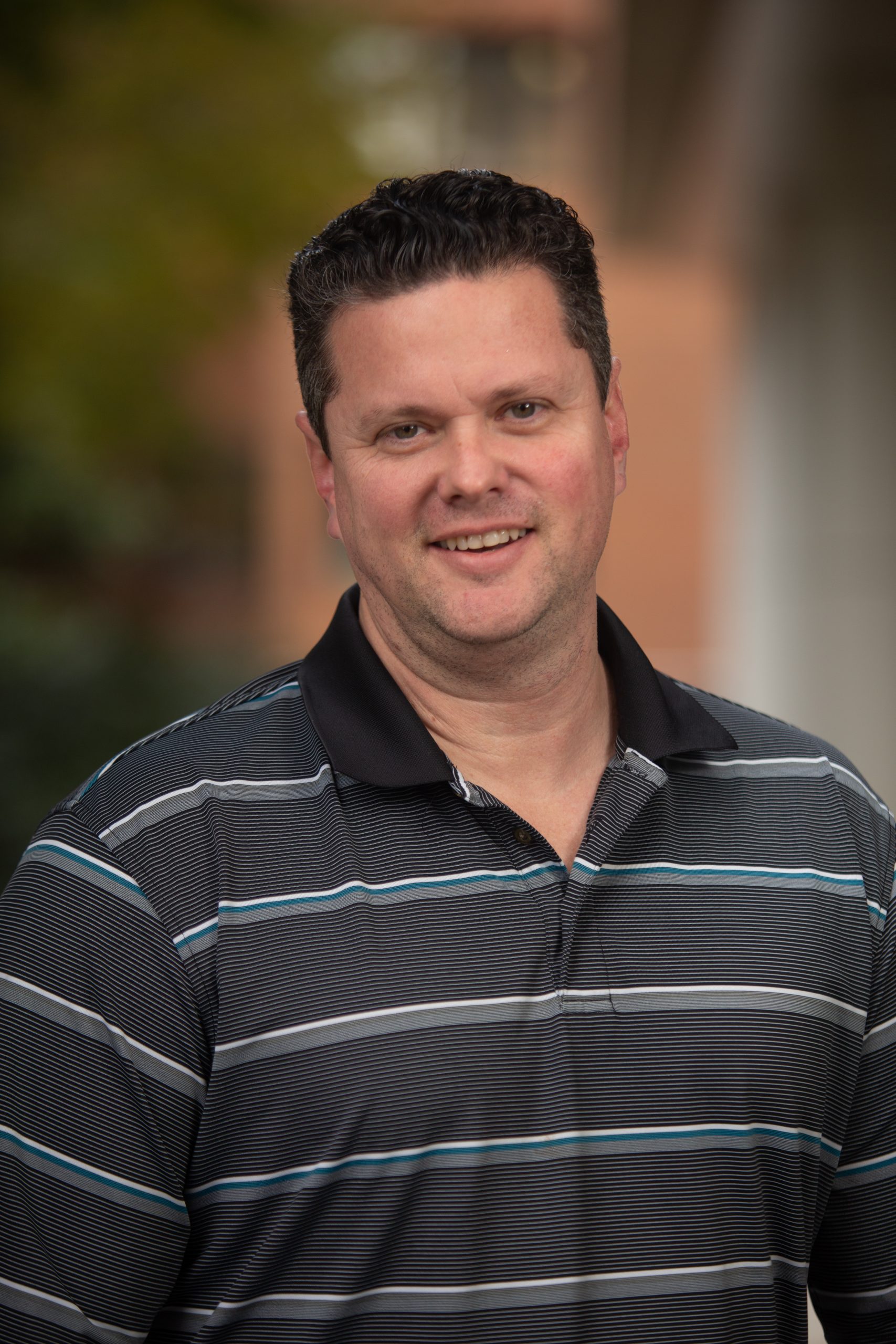Professor
UNC-Chapel Hill
Director of Graduate Studies
Diversity Liaison
Education and Training
B.S., University of California at Berkeley, 1992
Ph.D., University of California at San Francisco, 1997
Areas of Interest
All cells and organisms must monitor and maintain their energy levels for survival. One particular protein kinase, AMP-activated protein kinase (AMPK) plays a central role in energy balance and metabolism. AMPK consists of a protein complex encoded by three subunits, a serine-threonine kinase catalytic subunit (α) and two regulatory subunits (ß, γ). When AMPK signaling is disrupted cells undergo cell death under stressors and organisms can not survive limited starvation.
AMPK has many potential biomedically-relevant functions. AMPK is proposed to be a therapeutic target for Type 2 diabetes and Metabolic syndrome (obesity, insulin resistance, cardiovascular disease). In addition, since cancer cells have larger energetic requirements than non-dividing cells, targeting AMPK might be an attractive approach for attacking cancer as an additive therapy.
We identified mutations in the AMPK kinase domain (AMPKα) during a genetic screen looking for “neurodegeneration mutants” in Drosophila. Inactivation of AMPK leads to neurodegeneration-like phenotypes in neurons and abnormal metabolism in other cells. Our lab uses combinations of mouse and fruitfly genetics, biochemistry/proteomics and cell culture models to try to further identify new molecules involved in AMPK signaling. We are particularly interested in how AMPK signaling and molecules it regulates are relevant to:
-
- Neurodegneration
- Metabolism (Type 2 Diabetes/fatty liver)
- and Cancer
We also more recently utilized a mouse knockout model for studying carbonic anhydrase-3 (Car3), which is expressed predominantly in tissues that utilize/make fats (adipose, slow twitch muscle, and fatty liver) and exquisitely regulated by nutritive state. We believe Car3 will be an important biomarker and molecular enzyme relevant to obesity and metabolic syndrome.
TRAININGS:
OGE Faculty Mentoring Workshop
Safe Zone Training
Mental Health First Aid Training
REI (Racial Equity Institute) training
HAVEN training
Coach Approach Training
DEI Implicit Bias training
Opening Doors DEI workshop
Culturally Aware Mentoring (CAM) Workshop
Affiliations


